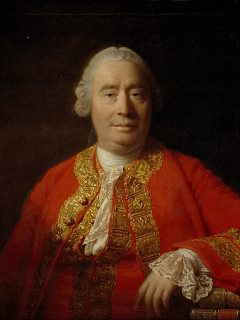
Publication details
Publisher: Springer
Place: Berlin
Year: 1989
Pages: 225-246
Series: Boston Studies in the Philosophy of Science
ISBN (Hardback): 9789401075718
Full citation:
, "Watkins's evolutionism between Hume and Kant", in: Freedom and rationality, Berlin, Springer, 1989


Watkins's evolutionism between Hume and Kant
pp. 225-246
in: Fred D'agostino, I. C. Jarvie (eds), Freedom and rationality, Berlin, Springer, 1989Abstract
Towards the end of his paper on the unity of Popper's thought (Watkins, 1974: 403), John Watkins addresses the old problem of the irreconcilability of commonsense realism and scientific realism. "Realists", he says, "are faced with a painful choice: either cling to commonsense realism (grass really is green, etc.) and interpret science in some nonrealist way (for instance, instrumentally) or interpret science realistically and adopt a nonrealist view of experience (grass is not really green, we mentally "paint" it green"). … If we take science seriously, we must conclude that, although my perception of the orange is indeed caused by external realities, these are about as different as they could be from my idea of an orange — colourless, tasteless, very small. The orange exists only in my mind."
Cited authors
Publication details
Publisher: Springer
Place: Berlin
Year: 1989
Pages: 225-246
Series: Boston Studies in the Philosophy of Science
ISBN (Hardback): 9789401075718
Full citation:
, "Watkins's evolutionism between Hume and Kant", in: Freedom and rationality, Berlin, Springer, 1989




